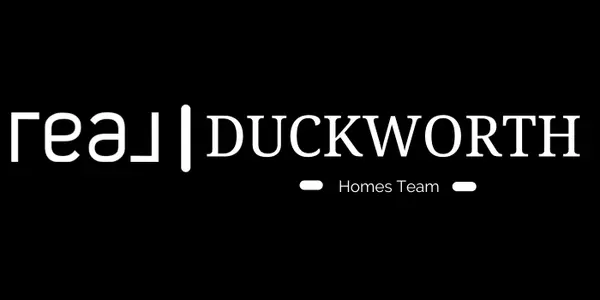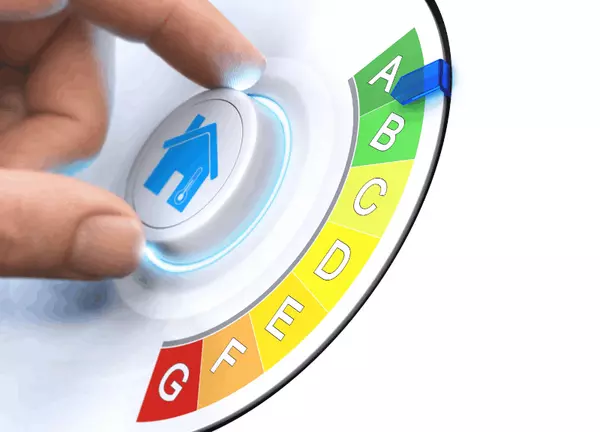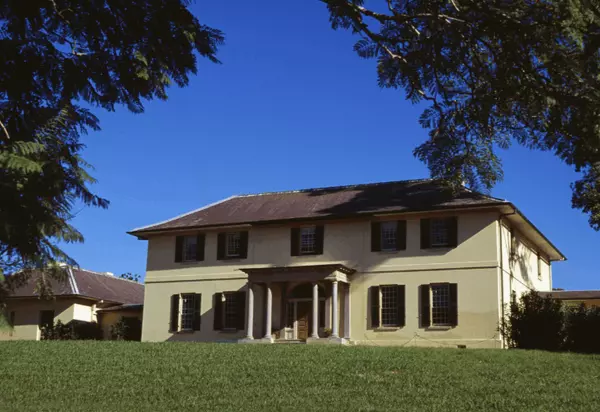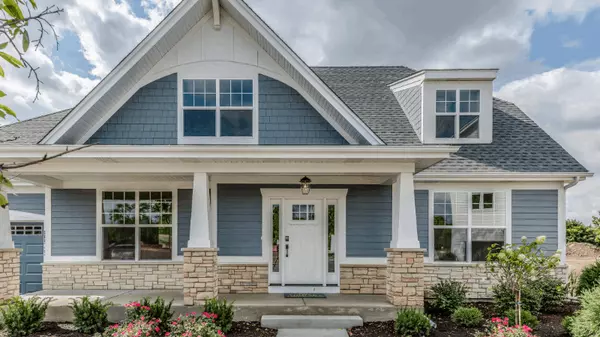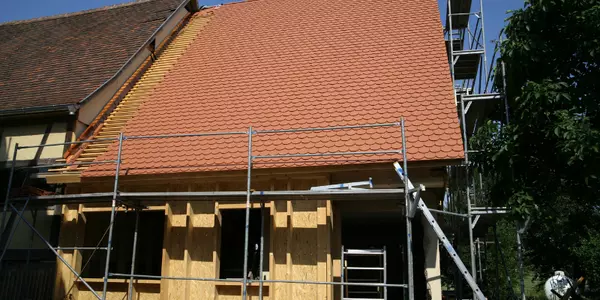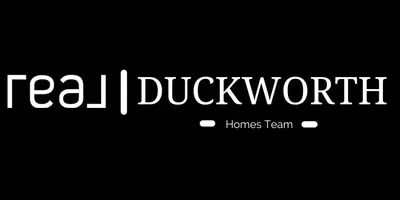Average HOA Fees: What to Expect and How to Budget for Them
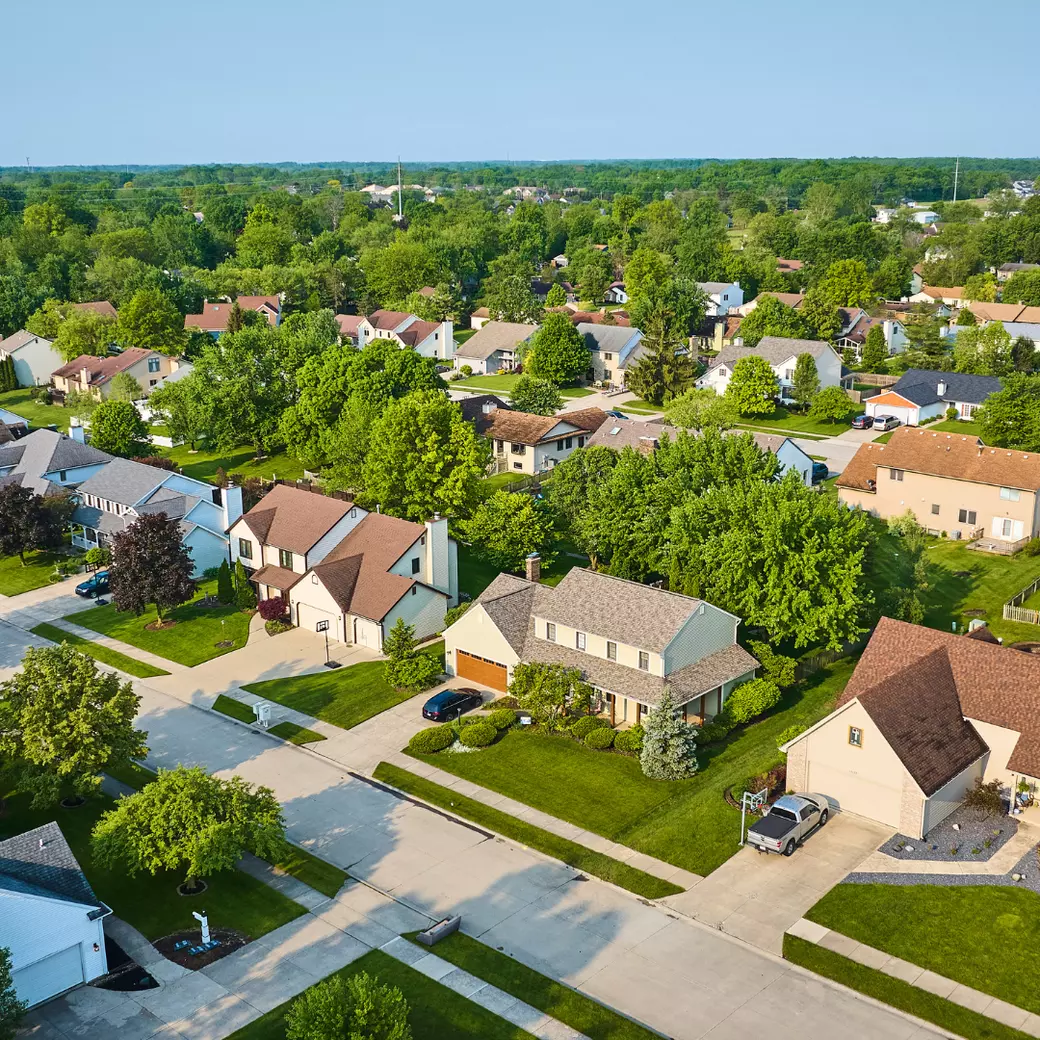
Are you eyeing a move to a neighborhood with an HOA and curious about the financial commitment? Here's everything you need to know about average HOA fees.
An HOA acts as a collective body responsible for overseeing the maintenance and management of shared community spaces and amenities. These may include parks, swimming pools, landscaping, and recreational facilities.
HOAs establish rules and regulations, often referred to as Covenants, Conditions, and Restrictions (CC&Rs), which all community members must adhere to. Failure to comply with these rules can result in additional fees or penalties.
The extent of an HOA's authority varies, ranging from managing common areas to regulating individual property aesthetics. Regardless, the primary objective of an HOA is to preserve and enhance property values within the community.

2. How Many People Live in an HOA?
Since the mid-1800s, the prevalence of HOAs has grown significantly, with millions of households now residing in HOA-managed communities. In total, over 40 million households are part of HOAs, representing a substantial portion of the American population.
HOAs encompass various housing types, including single-family homes, condominiums, townhouses, and cooperative apartments. While certain states, such as California, Florida, and Colorado, boast a high density of HOAs, others like Arkansas, Oklahoma, and Mississippi have relatively fewer associations.
3. How Much Are the Average HOA Fees in Rhode Island and Massachusetts?
In Rhode Island and Massachusetts, home to approximately 11,800 HOAs combined, residents typically pay between $100 and $1,000 in HOA fees per month. On average, these fees range from $200 to $300 monthly, depending on factors like community amenities and services provided.
Compared to the national average of $390 per month, Rhode Island and Massachusetts residents enjoy slightly lower HOA fees, averaging around $385 monthly. This makes living in an HOA-managed community in these states a relatively cost-effective choice compared to other regions.
When evaluating potential neighborhoods, it's essential to consider not only the HOA fees but also the value they offer in terms of amenities, maintenance, and property appreciation.
4. What Are You Paying For?
HOA fees encompass various services and expenses to maintain the community's appearance, functionality, and overall quality of life for residents. These may include:
- Common area maintenance and repairs
- Landscaping and lawn care
- Insurance coverage for communal facilities
- Trash disposal and recycling services
- Recreational amenities such as pools, gyms, and clubhouses
- Reserve funds for future repairs and emergencies
Additionally, HOAs enforce regulations to uphold community standards, covering aspects like architectural guidelines, landscaping requirements, and behavioral expectations from residents.
By contributing to HOA fees, homeowners invest in the collective upkeep of their neighborhood, ultimately enhancing property values and fostering a desirable living environment.
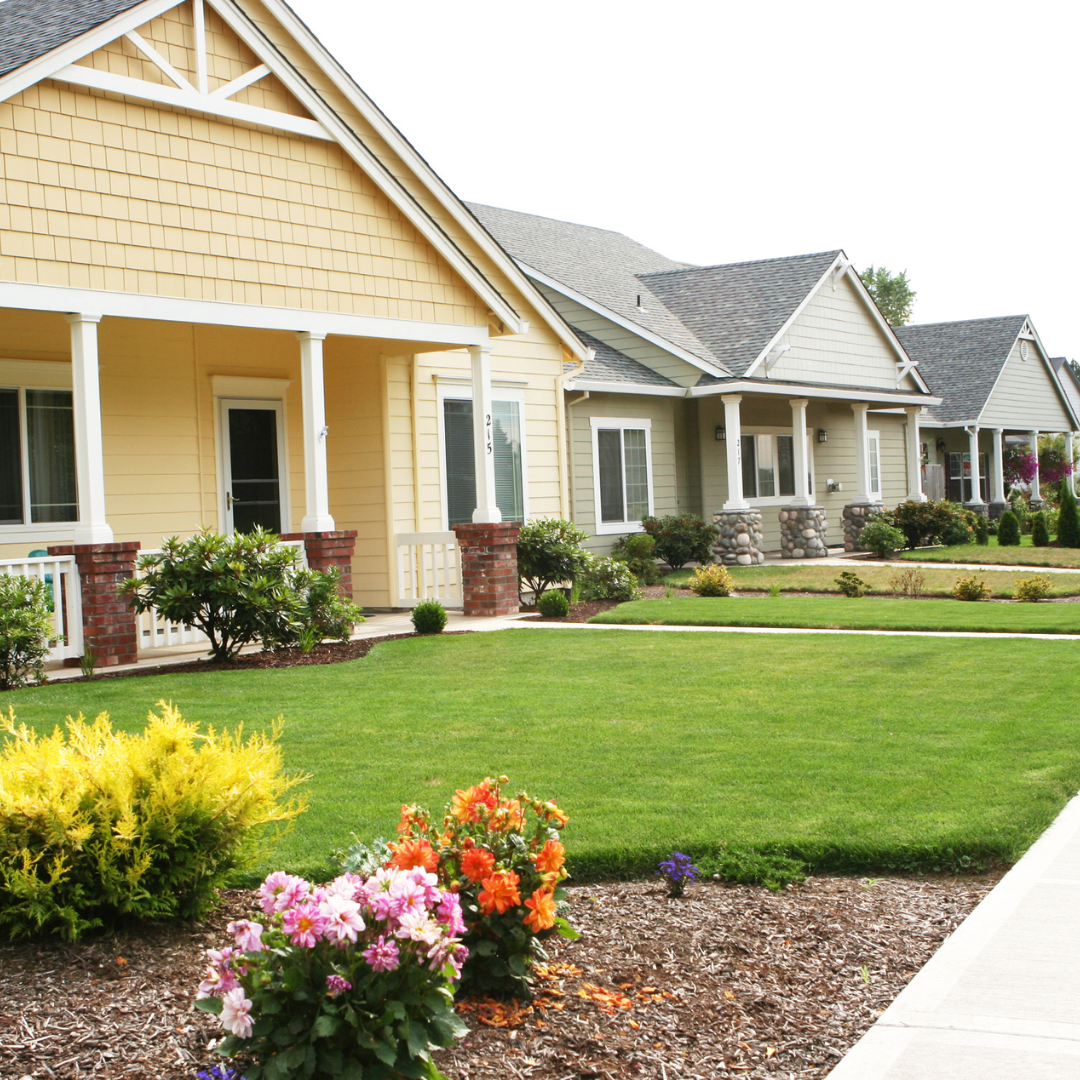
5. How Are HOA Fees Determined?
HOA fees are typically determined by a voting board comprising community members, who decide on budget allocations, fee structures, and other financial matters. These decisions are made with the collective interest of the community in mind, aiming to balance affordability with necessary expenditures.
In some cases, prospective homeowners may need approval from existing community members before joining an HOA. This ensures alignment with the community's values and regulations.
While volunteer-run HOAs are common, there's also a growing trend towards professional management by community association management companies. These entities oversee day-to-day operations, financial management, and regulatory compliance, ensuring the HOA's efficient functioning.
Non-compliance with HOA rules or failure to pay dues can result in penalties, including fines or restrictions on amenity access. In extreme cases, persistent non-payment may lead to liens or legal action against the delinquent homeowner.

In Conclusion
Before committing to a home within an HOA-managed community, weigh the advantages and drawbacks carefully. While HOAs offer benefits such as community amenities and property value preservation, they also entail financial obligations and adherence to community regulations.
By understanding the average HOA fees and their implications, you can make an informed decision about your next home purchase. Whether in Rhode Island, Massachusetts, or elsewhere, consider consulting with real estate specialists to navigate the complexities of HOA living and find your ideal home.
Categories
Recent Posts
